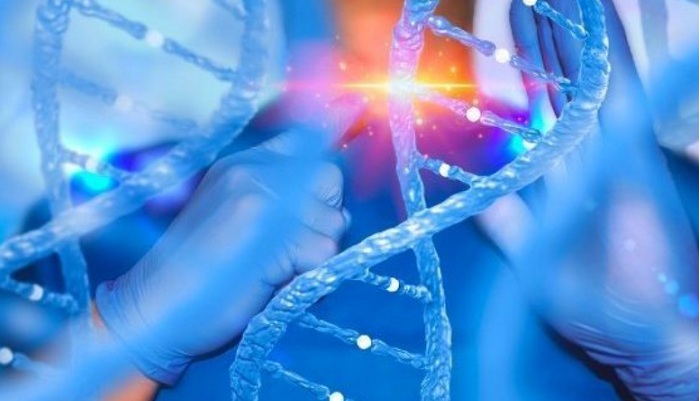In a recent development, researchers from the US have gone on to report some promising outcomes out of a Phase I/II trial when it comes to cancer patients who get treated due to cord blood-led CD19-targeted chimeric antigen receptor-CAR natural killer-NK cell therapy.
Published in Nature Medicine, these findings went on to reveal an overall response- OR rate of 48.6% at 100 days after treatment. The one-year progression-free survival- PFSas well as the overall survival- OS rates happen to be reported to be 32% and 68%, respectively, in patients having relapsed or refractory B-cell malignancies.
Major manufacturing insights
Helping with maximum cell therapy outcomes
According to professor of stem cell transplantation & cellular therapy at the University of Texas M. D. Anderson Cancer Center and also senior author, Dr. Katy Rezvani, PhD, so as to have successful allogeneic cell therapy, it is also critical that we go on to identify the attributes of an optimal allogeneic donor when it comes to CAR NK manufacturing.
The research underscored the key findings in terms of the selection criteria for allogeneic cord blood donors within CAR NK cell manufacturing.
For the trial, cord blood units that happened to be cryopreserved within 24 hours of collection and those having low nucleated red blood cell content went on to get associated with markedly better outcomes, as per the data.
For example, the CAR NK cells that happened to be generated from these units went on to result in a one-year PFS rate of 69% and a total survival rate of 94%. This was compared to 5% and 48%, respectively, from the units that had higher nucleated red blood cell content or even longer collection-to-cryopreservation times.
More clinical findings
Apparently, the study also noted quite encouraging response rates throughout a range of different B-cell malignancies.
It is well to be noted that at 30 days post-treatment, the total response rate happened to be 100% in the case of patients having low-grade non-Hodgkin lymphoma- NHL. This rate was 67% when it came to chronic lymphocytic leukaemia- CLL sans the transformation and 41% in patients having diffuse large B-cell lymphoma- DLBCL.
As per the researchers, durable responses in patients who were treated with the CAR NK cell treatment were seen in:
- 83% percent of patients having low-grade NHL had complete responses one year post the treatment.
- 50% of patients have CLL, and 29% of patients have DLBCL.
- Patients who had a response at 30 days post-treatment happened to be significantly more likely to have progression-free survival at 1-year post-treatment.
Finally, the team stated that the trial had to have an excellent safety profile. No cases highlighting severe cytokine release syndrome- CRS, neurotoxicity, or graft-versus-host disease happened to be reported.
Dr. Rezvani stated that their study emphasizes the significance of identifying donor-specific predictors of response post-allogeneic cell therapy, specifically since one donor could be used to treat numerous patients. CAR NK cells happen to have the potential to be manufactured well in advance and can be stored for off-the-shelf urgent use. This could very well increase patient access to such cell therapies, decrease the treatment time, and also lower the cost of therapy.



















